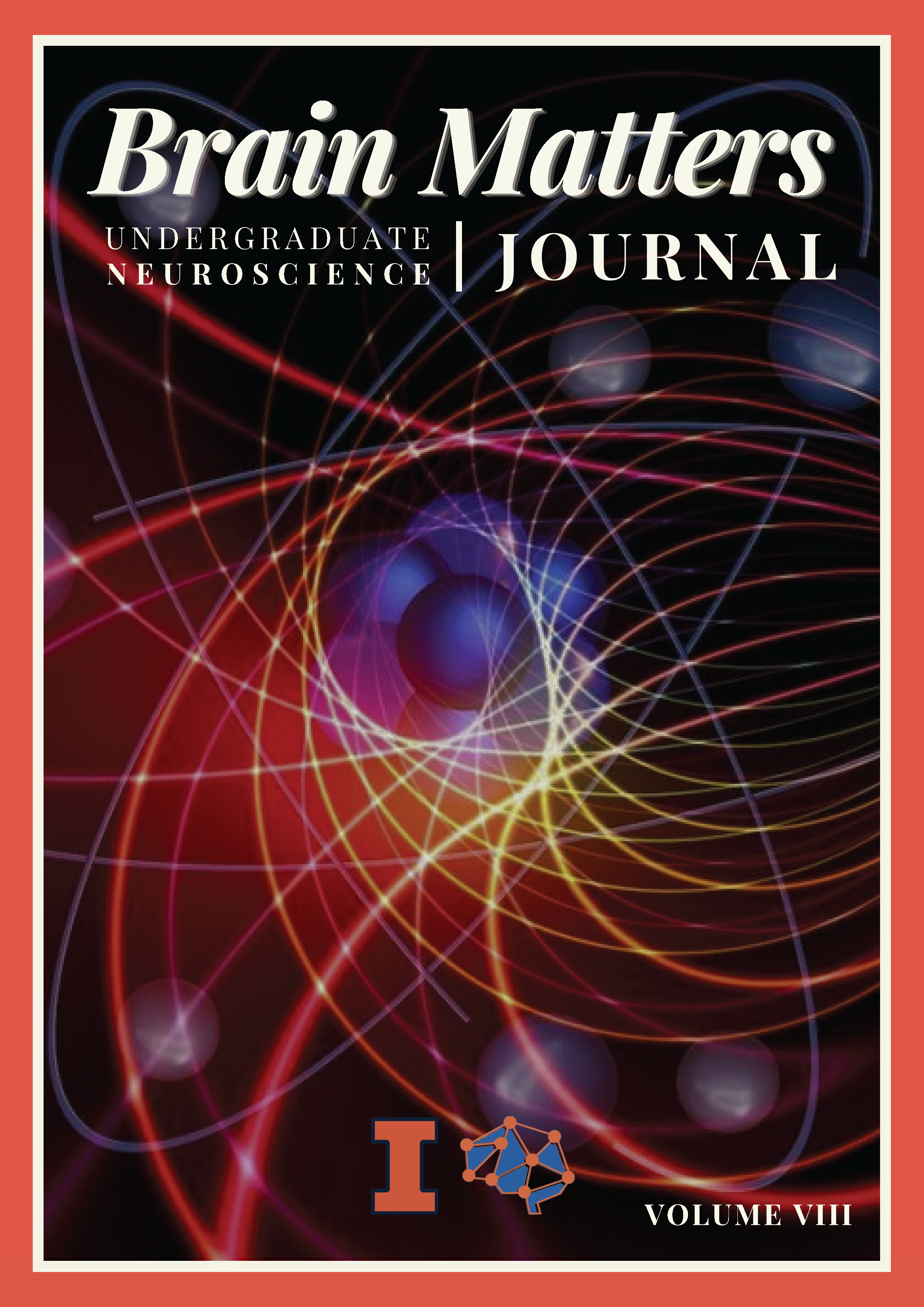The Critical Window for Estrogen Replacement Therapy in Menopausal Women: Exploring the Neuroprotective Effects of Estrogen in Reducing Dementia Risk
Main Article Content
Abstract
Menopause, characterized by a significant decline in estrogen levels, profoundly impacts brain health, influencing cognitive functions and neurobiological integrity. Estrogen replacement therapy (ERT), especially when administered within a "critical window" near the onset of menopause, has shown promise in mitigating cognitive decline and reducing dementia risk. This paper explores the neurobiological mechanisms underlying estrogen’s protective role, including its effects on mitochondrial health, synaptic plasticity, neurogenesis, and amyloid-beta plaque clearance. By synthesizing current literature, we underscore the importance of early ERT initiation and highlight the implications of the critical window hypothesis for optimizing cognitive outcomes in aging women.
Article Details

This work is licensed under a Creative Commons Attribution-NonCommercial-ShareAlike 4.0 International License.

